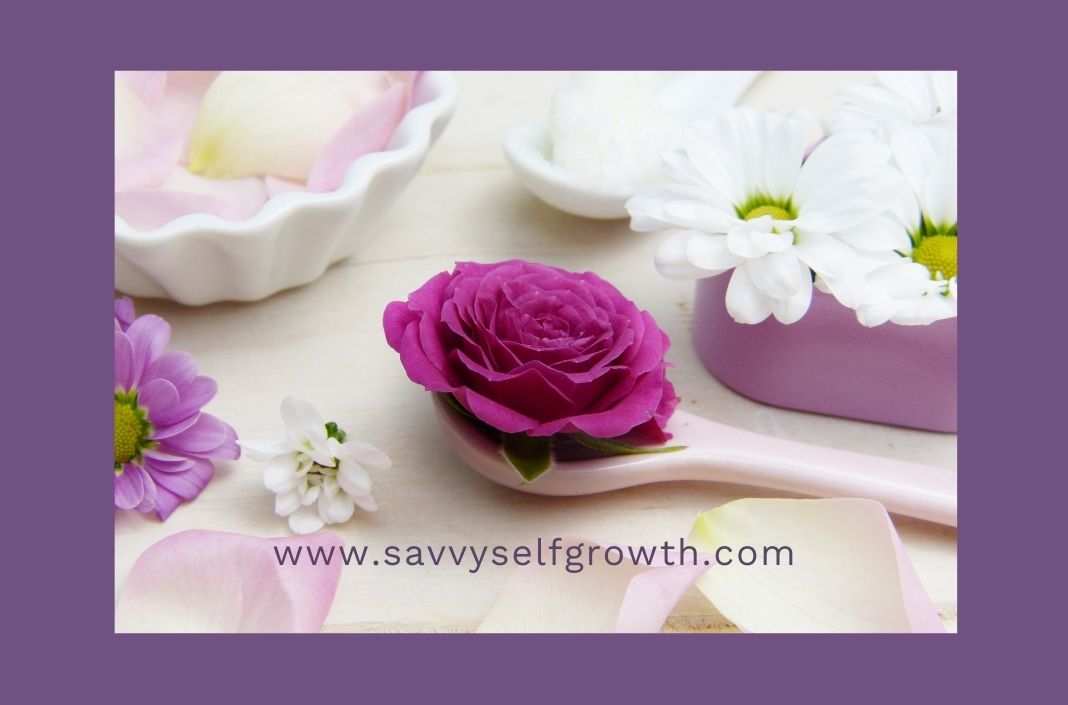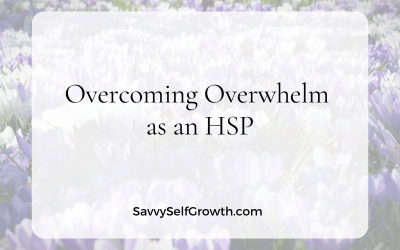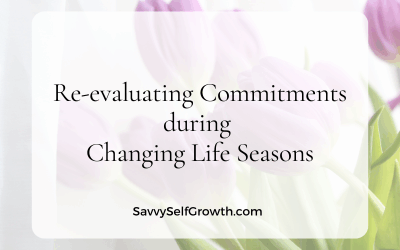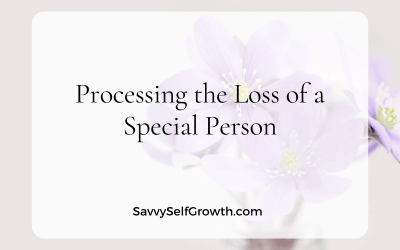Sensitive introverts often have huge, caring hearts.
They care about other people, nature, the environment, Mother Earth, their loved ones, friends, colleagues, a random person on a street corner without food or shelter, a bear that was kept on a chain for years, a huge, old tree that is chopped down, Black Lives Matter, the MeToo movement, people who are treated unfairly….
The list goes on, and you get my point.
It is simply too much to carry, yet we try. And it can feel like an awful burden. We feel that we need to be able to make a difference because those in pain weigh so heavily on our shoulders. When others are not happy or in deep distress, sensitive people (HSP’s or Empaths) can be in pain, too.
The problem:
If we keep feeling deep distress and have ‘too much’ empathy for others, our own health suffers. The latest research and data prove the inescapable facts that unprocessed emotion (stress) causes havoc in the body.
If we keep feeling stressed, anxious, fearful, angry, resentful, grief, sad, our bodies produce chemistry that is not conducive to health and body-repair.
What to do?
Two simple points help me tremendously.
#1: EFT
We need a tool to help us process the intense emotion we feel about the lot of others, the inequality, the things that are ‘not right’ in the world. Action that comes from a calm, resourceful place is healthier, wiser, more balanced, and can have more positive impact, than actions that come from desperation or misery.
My tool of choice is EFT (tapping as you might know it). It has the amazing ability to shift intense emotional suffering in minutes.
#2: The Circles of Concern, Influence and Control
Consider Steven Covey’s model of the Circle of Concern, and the Circle of Influence. It has been extended to include the Circle of Control.
Our circle of concern is all the things we care about, mentioned right in the beginning of the article. Very often, though, they are things that we can do absolutely nothing about. If we keep worrying about it, we tire ourselves out from stress-hormones, with absolutely no gain. Our distress about it helps no-one.
Once we’ve done some tapping to feel calmer about all the things we care about (Point #1), we need to get clear on where our Circle of Influence is.
This circle is much, much smaller. It is all the places where we have influence, where can have an impact, and make an indirect difference.
Personal Examples:
I might deeply care about these causes and feel distressed when I think about them.
Here’s my Circle of Concern:
- Black Lives Matter
- people without shelter or food,
- my parents’ declining health,
- health workers who are burnt out,
- the impact of the pandemic on the NHS,
- my clients going through difficult things,
- my brother who is working too hard,
- my sister who has a whole family to support,
- what readers think of my articles,
- how many people will attend my next workshop,
- my own health,
- my friend’s widow
- climate change
- the war in Ukraine
- the war in Gaza
- earthquakes in Afghanistan and Turkey
- erupting volcanoes in Iceland and Italy
Yet, I cannot influence or do anything about most of them. Okay, I’ll get on to some tapping around this!
Here’s my circle of influence:
They are things that I might have indirect influence over because my actions do have an impact on others:
- My parents: I can support where I’m able. I still cannot change their health, yet I can do a few things to make the journey a bit easier.
- Do my client sessions to the best of my ability: I still cannot change how their lives go, yet at the sessions I can be fully present, loving, supportive and facilitate their process as best I can.
- My health: eat healthily, sleep well, exercise, process emotion, other self-care
- Limited influence in the BLM movement: I can educate myself, be open to conversations, speak up where I see bullying or unfair treatment, and those ripples spread.
- Create workshops and talk about them: I still cannot control how many people book, yet I can still do all the actions with no attachment to the outcome.
- Support my sister emotionally when she asks: I still cannot control what happens with her family, yet I can be there as a sounding board so she’s not alone with it.
A much, much smaller circle than the first one!
Now, we can also have a circle of control, which would be the places I know I have control. And those are mostly only my own behaviour and actions.
Here’s my circle of control:
- Self-care so my health is at it’s best
- Be fully present at client sessions
- Read one book this year to educate myself about racial issues and inequality
- Keep taking actions in my business with a joyful heart
Here’s the thing, sensitive soul:
As sensitive people with caring hearts, I believe we have an important role to play in our current seemingly chaotic world. We cannot do that if we’re spread so thinly between ALLLLLLL the things we care about that we become stressed, ineffective, unhealthy, unbalanced and collapse from the burden.
We need to clearly know where we can have an indirect impact, and clearly understand that it truly is only our own actions, thoughts and feelings that we have a semblance of control over.
When we remember there are circumstances that we have absolutely no control over, and we have ways to process the discomfort around that, we can use our available caring energy for creative goodness, instead of collapsing under a never-ending stream of upset and distress.
Sensitive people can feel upset more easily by harsh things. And it really is okay to take extra care with our energy reserves. That does not make us selfish or non-caring. It makes us wise and careful.




